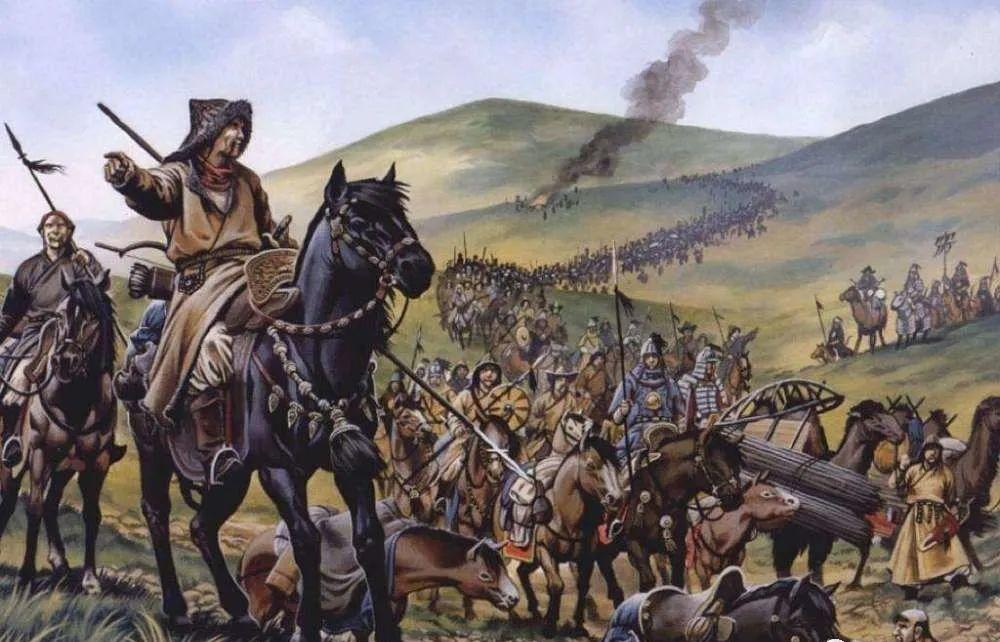At the end of the Roman Empire, the vast territory that had been ruled by it had long since fallen apart, and the imperial court was unable to maintain its rule over the region. The roof leaked during the overnight rain, and the external environment of ancient Rome became worse and worse with the decline of imperial power, and various forces took turns to wreak havoc in the core of Roman rule, including the powerful Huns at that time.
In general, however, the Huns, though most prestigious and powerful, did not enter the Roman capital. From this point of view, the Huns could not compete with the barbarian tribes that were far less powerful than the Huns afterwards, and they were at least able to conquer the symbol of the Romans: the city of Rome.
The reason for this is, on the one hand, related to the disintegration of the Hunnic kingdom, and on the other hand, the rulers failed to cherish the opportunity and missed the best time for the Huns to enter the city of Rome.

At that time, the Huns, led by King Attila, invaded the Italian region, and after razing the most resolutely resisting city of Aquilia to the ground, the Hun army entered no man's land. Even Aetius, who had recently won the Battle of Chalon, could not resist Attila with the strength of the western court, and could only stubbornly hold on to a limited number of strongholds.
With the support of the Barbarians of Gaul and the reinforcements of eastern Rome, the rulers of the west soon reached a consensus: instead of seeking all-out resistance, they sent emissaries to Attila to make peace.
A delegation led by Anouez, chief member of the Senate, Trigtius, commander of the Forbidden Army, and Leo, Bishop of Rome, arrived at Attila's Khan Tent. In communication, Attila agreed to the Romans' request to evacuate italy, provided that the other side needed to satisfy the Hun king's desire for money.
It was also during this peace talk that Attila pulled out the hope that he would lead the army into the city of Rome as a victorious division. This was also the closest in The history of the Huns to enter the city of Rome, but the king's idea did not come to fruition, and the Romans persuaded Attila to retract it in a very clever way.
Prior to this, the city of Rome had stood for a long time, having only been conquered by the army led by the Visigothic king Alaric I. However, the king died unexpectedly soon after taking the city of Rome, and for us there was no additional thought about it, but it was too bizarre for the scientifically backward people of the time.
For the Romans, they firmly believed that it was the king who plundered the city of Rome and annoyed the gods, which led to his own fall. When Attila proposed to enter the city of Rome, compared to what happened to the Visigothic kings decades ago, his friends and subordinates shared the same view as the Romans: Attila should not enter the city of Rome to prevent accidents.
Of course, the starting points of the two sides were not the same: the Romans were afraid that the king would wreak havoc in the city and cause great damage to the buildings and roman property in the city, while Attila's friend was afraid of an incomprehensible tragedy and did not want him to risk his life.
After all this, Attila finally decided not to insist on entering the city of Rome, and soon after, the Hun army began to withdraw from its territory. The life of this monarch is coming to an end, and with the death of Attila, the Huns who once threatened the whole of Europe are in decline.
Not only that, in the following thousand years, the descendants of the Huns could no longer reproduce the glory of their ancestors and became an ordinary force on the European continent.
Thank you for your attention and support, welcome to like, comment and retweet.